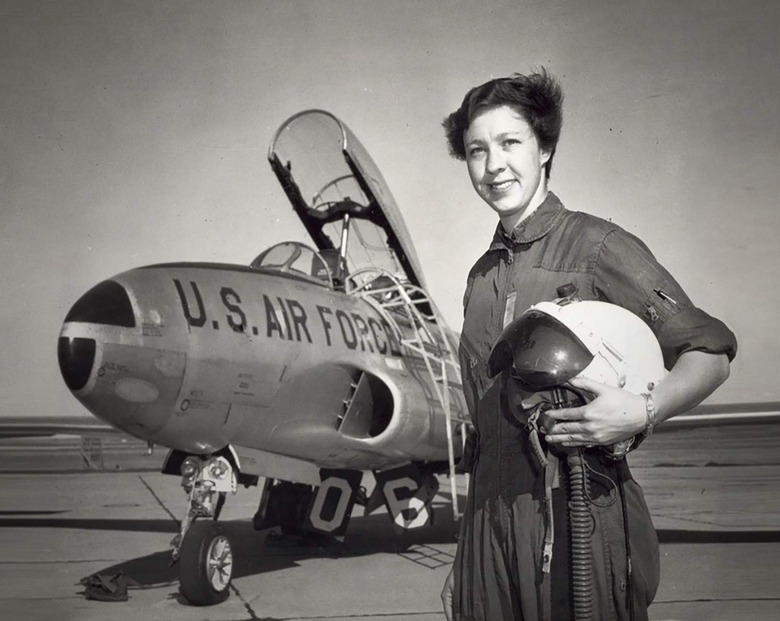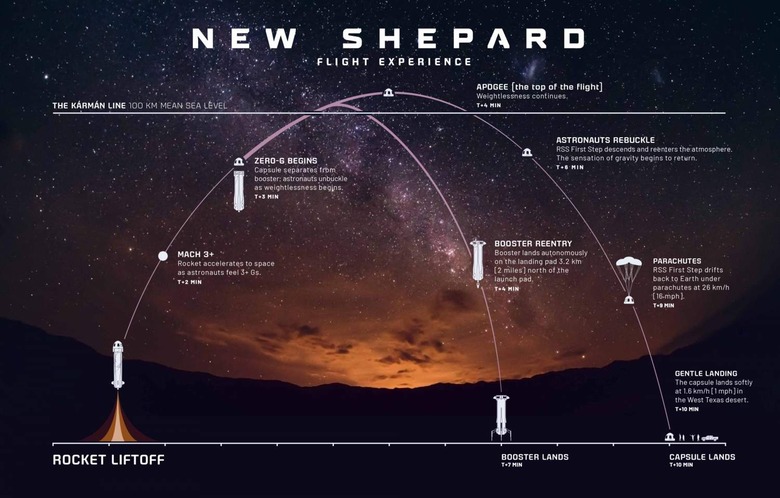Blue Origin Is Giving Mercury 13 Pilot Wally Funk Her Long-Overdue Trip To Space
Jeff Bezos will take Wally Funk on Blue Origin's first crewed flight later this month, with the iconic American aviator finally getting her chance to go to space. Blue Origin has been gradually announcing the crew list for the July 20th launch, which will see Bezos, his brother, and a so-far-unnamed multi-million dollar ticket holder experience about four minutes in space.
It's a relatively brief flight – only around ten minutes from takeoff to touchdown – but an important one for Blue Origin. Demonstrating not only the functionality and safety of its rockets, but of the legitimacy of space tourism as a viable business possibility, the July 20th launch will also give Bezos the opportunity beyond Earth's atmosphere he's apparently long wished for.
The Amazon founder isn't alone in that, of course. Mary Wallace "Wally" Funk is a legendary American aviator, with a lengthy list of firsts on her roster. She was the first female civilian flight instructor at Fort Sill, Oklahoma, and the first female Federal Aviation Agency inspector; has taught thousands of people to fly, and was the first NTSB female Air Safety Investigator in the mid-70s. However, it's her desire to go to space that earned her a spot on Blue Origin's first launch.

In 1961, Funk joined more than two dozen women in signing up to the "Women in Space" program, otherwise known as Mercury 13. It included the same rigorous training – both physical and mental – as male astronauts had gone through to qualify for NASA's space program, with Funk scoring higher on tests than John Glenn, who was the third American to go to space.
Before the final Mercury 13 test, though, the program was canceled. NASA refused to consider a female astronaut for some time, only relenting in the late 1970s. However though Funk applied three times after that, she was turned down due to not having either an engineering degree or a test pilot background.
Bezos confirmed that Funk would be flying with him and the rest of the Blue Origin crew on his Instagram, with a brief interview with the famous aviator. It's an expensive gift: the winner of Blue Origin's charity auction for a seat on the rocket is paying $28 million, the company confirmed in late June
If all goes to plan, the New Shepard spacecraft will launch on July 20. It'll accelerate rapidly, until it reaches around Mach 3+ roughly two minutes after takeoff; after the third minute, the crew capsule will separate from the booster. It'll be considered in space-proper once it passes the Kármán Line: a 62 mile (330,000 feet) boundary above the planet's mean sea level. While there's no one, single definition of where Earth ends and "space" begins, that's one of the longstanding attempts to give it an official limit.

There won't be much time spent there, mind. New Shepard will spend a few minutes in zero-gravity, and then begin to descend, with the parachute scheduled to deploy at around the nine minute mark. Roughly ten minutes after the initial launch it will touch down again, a big step for Blue Origin and the culmination of many decades of waiting for Wally Funk.
